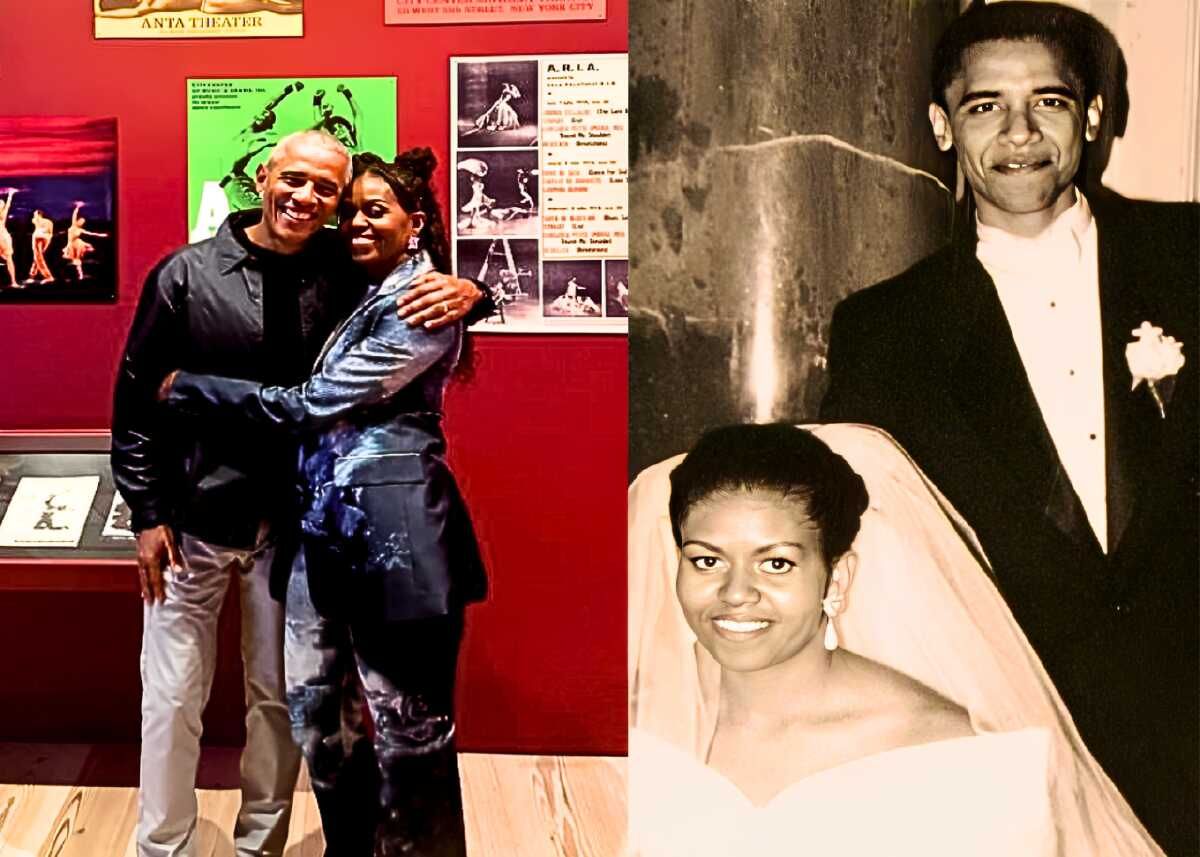When we think of our childhood, our earliest memory might be from the age of three or four.
Those with excellent memory might remember a thing or two from even before these ages, but all of it?
No one does. Why is this so? Why do we not remember major chunks of our formative years, where we saw the world, learned to walk, talk and understood our life as it is? Well, scientists have the answer.
The experiment
The team led by Tristan Yates, a graduate student at the time and a postdoctoral researcher at Columbia University now used an approach where they showed the age group an image of a new face, object or scene. After they had seen a couple of images, they showed them the first images again.
“When babies have seen something just once before, we expect them to look at it more when they see it again,” said Nick Turk-Browne, professor of psychology at Yale’s Faculty of Arts and Sciences. “So in this task, if an infant stares at the previously seen image more than the new one next to it, that can be interpreted as the baby recognizing it as familiar.”
The results
During this time, the activity in the infants’ hippocampus was analysed and the results showcased that if the activity in the hippocampus was greater when shown an image the first time, the more the infant looked at it when shown again. These findings were true across the whole sample but strongest in those older than 12 months.
The conclusion
Previously, the research team had found that the hippocampus of infants as young as three months old displayed a different kind of memory called statistical learning where they extract patterns, unlike episodic memory where they remember specific details like events. Both these memories use different neuronal pathways in the hippocampus.
In the past, animal studies have shown that statistical learning pathways develop more early than episodic memory pathways, which is why babies catch up to patterns easily, such as drinking milk.
Even though episodic memory develops later, this research has proved that memories are encoded in a baby’s brain earlier than previously known. But why don’t we remember them? Well, Turke-Brown suggests a few possibilities such as them being converted into long-term storage and not lasting long and them being present but just not accessible.













